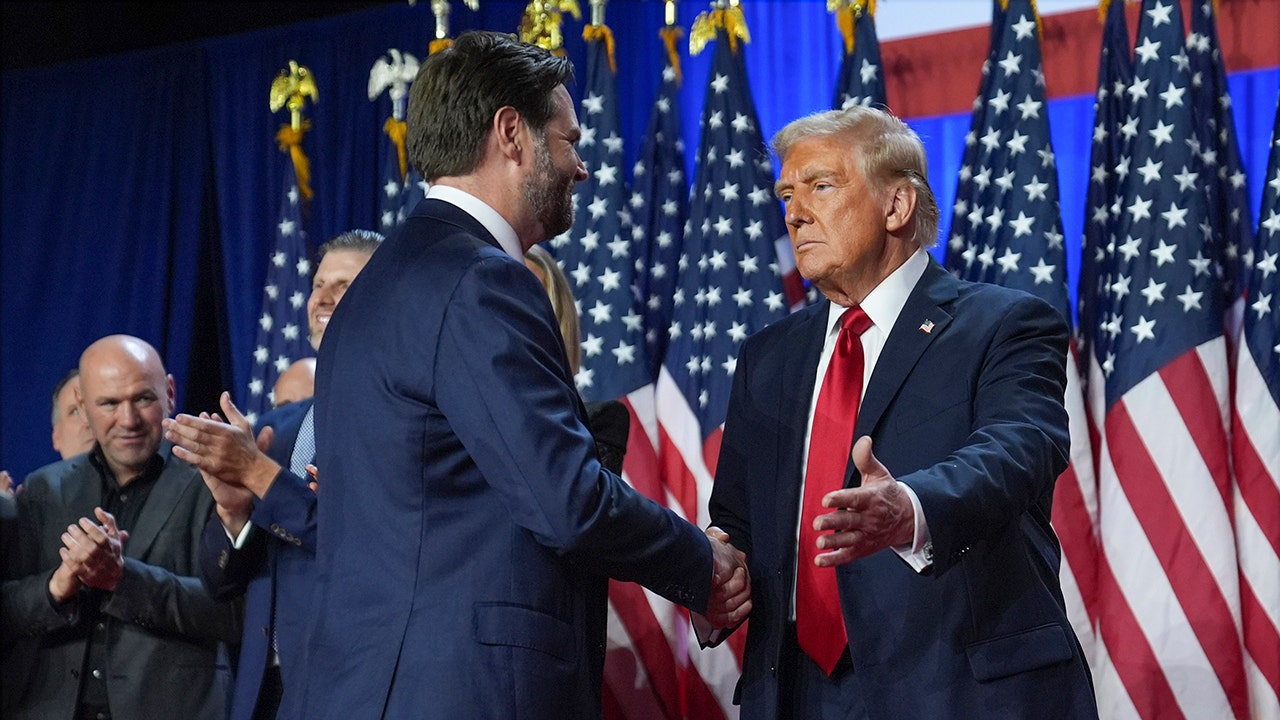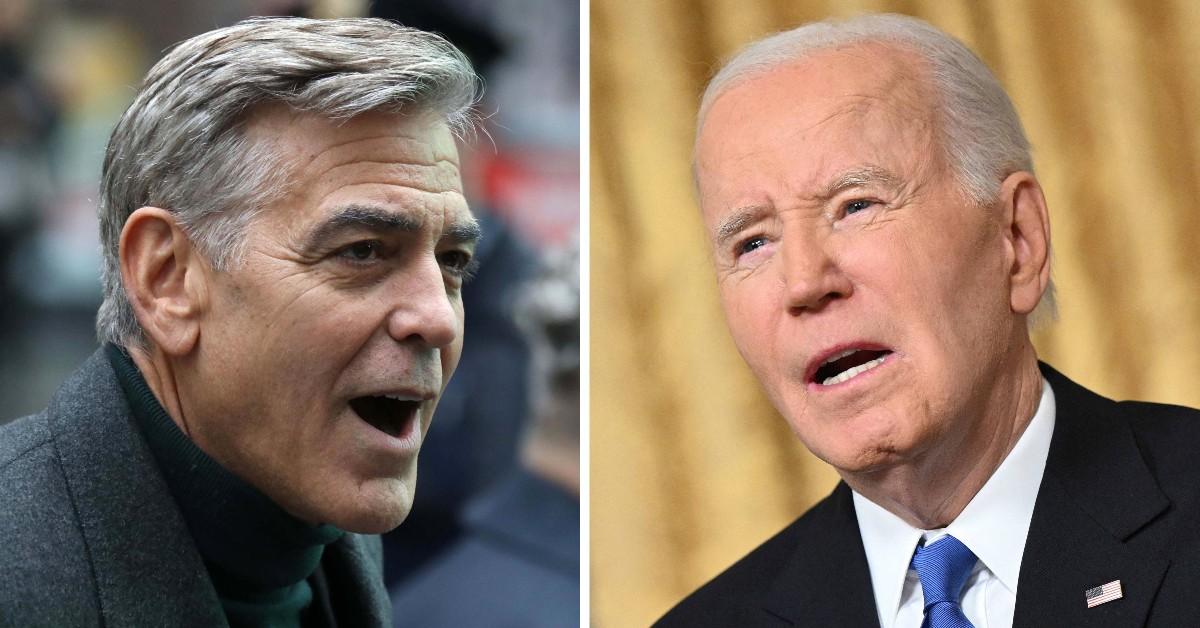By Ashlee Banks
Special to the AFRO
Following the 2024 presidential election, Democratic members of the U.S. House of Representatives are grappling with the implications of President-elect Donald Trump’s victory over Vice President Kamala Harris. The party is divided on the reasons behind this unexpected outcome, leading to intense discussions and debates among its members.
Some voters have expressed concerns that the Democratic Party has strayed from its core values, prioritizing establishment politics over the voices of everyday Americans. They believe that Democrats did not adequately engage in issues such as climate change and economic inequality. While others believe that President Biden should have stepped down sooner to allow for a more dynamic leadership alternative.
U.S. Rep. Jamie Raskin (D-Md.-8) told the AFRO that he is a bit annoyed with critics who argue that Democrats forfeited the election by failing to ask Biden to bow out from the presidential race sooner.
“The Monday morning quarterbacking to me is losing some of its appeal,” said Raskin. “If people really had the magic key to victory, they should have come forward with it several months ago. Not after the election is over.
“We are all suffering in spirit from the loss of the presidential election,” he added. “It is obvious Democrats need new strategies and new tactics and not everything worked. But, I think we ran on the right values and the right platform.”
Some voters have expressed concerns about the effectiveness of Harris’ campaign strategy, suggesting that it failed to mobilize key voter bases, particularly among younger voters and communities of color.
U.S. House Minority Leader Hakeem Jeffries (D-N.Y.-8) ignored criticism of Harris’ run for office and applauded her efforts.
“Kamala Harris ran an incredibly inspired campaign in about 110 days and did the best job that she could under very difficult circumstances,” Jeffries told the AFRO.
However, U.S. Rep. Alexandria Ocasio-Cortez (D-N.Y.-14) acknowledged that the Democratic Party failed to relay a message that resonated with voters this election cycle.
“It’s important that politicians take the proper lessons from the election, instead of being reactive about this is why or that is why,” Ocasio-Cortez told the AFRO. “Approaching this with a sense of humility and getting a lot of data in and hearing from people across the country about how they voted.”
“I also think there’s just a lot of stuff that gets put on left and right or on progressive and conservative, but at the end of the day, people want to be able to put food on the table, put diapers on our kids, pay our rent or dream of buying a house one day,” added the New York lawmaker.
U.S. Rep. Maxwell Frost (D-Fla.-10) believes the Democratic Party as a whole failed to appeal to younger votes.
“We are a party that needs to do a better job of reaching out to young people and young men,” said Frost. “My hope is that I can offer ideas on how we can do that and how to best send a message to do that.”
Younger voters, who were once seen as a vital part of the Democratic coalition, are particularly disheartened. They worry that the party is not doing enough to mobilize their support or address their concerns about social justice and environmental sustainability. As frustration mounts, calls for a more progressive agenda and leadership that reflects the diverse needs of the American people are gaining traction.
As Democrats reassess their strategies moving forward, the calls for more proactive leadership are likely to continue, underscoring the urgent need for the party to engage with its base and cultivate new voices that can inspire confidence and enthusiasm among voters.















